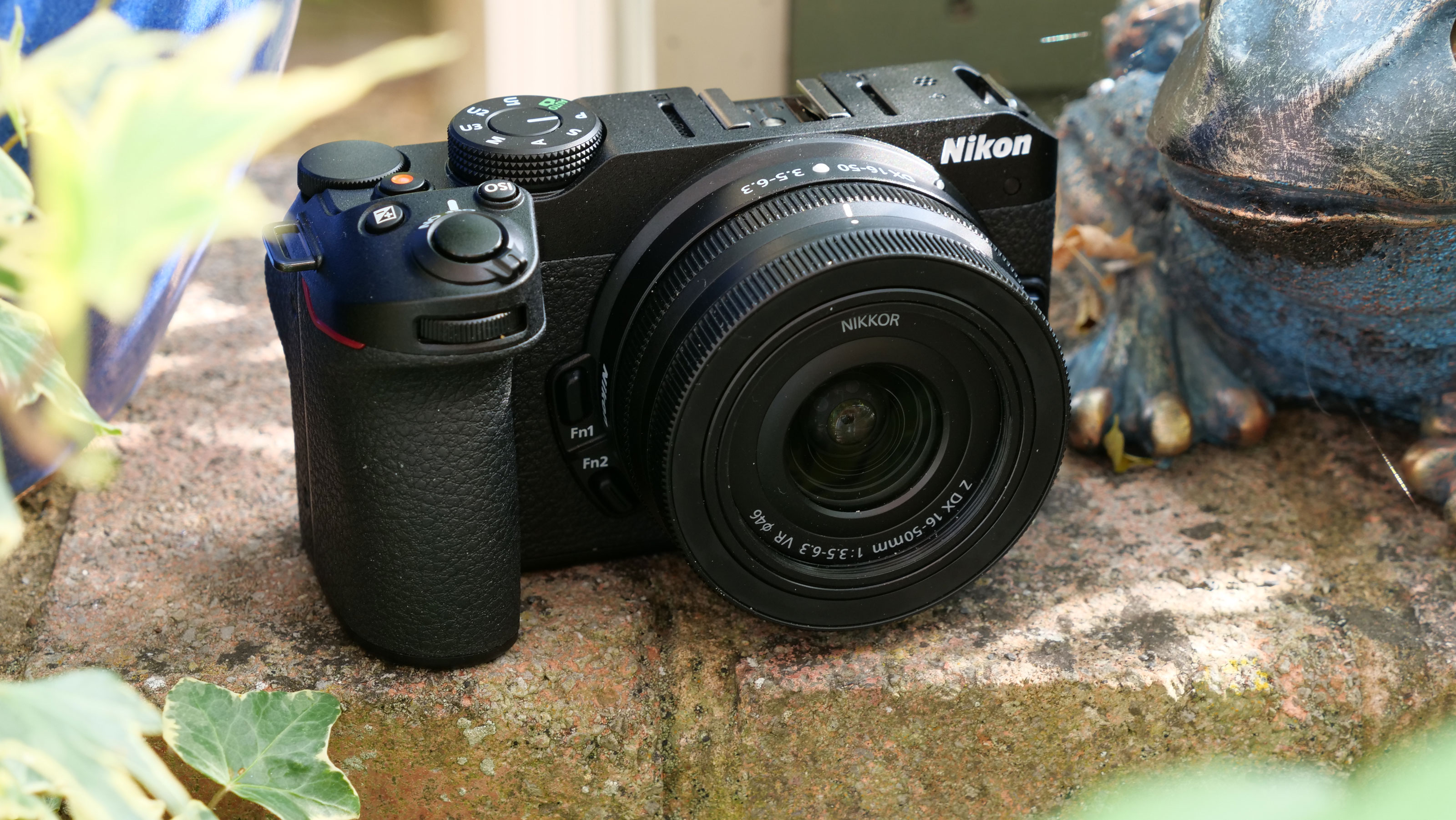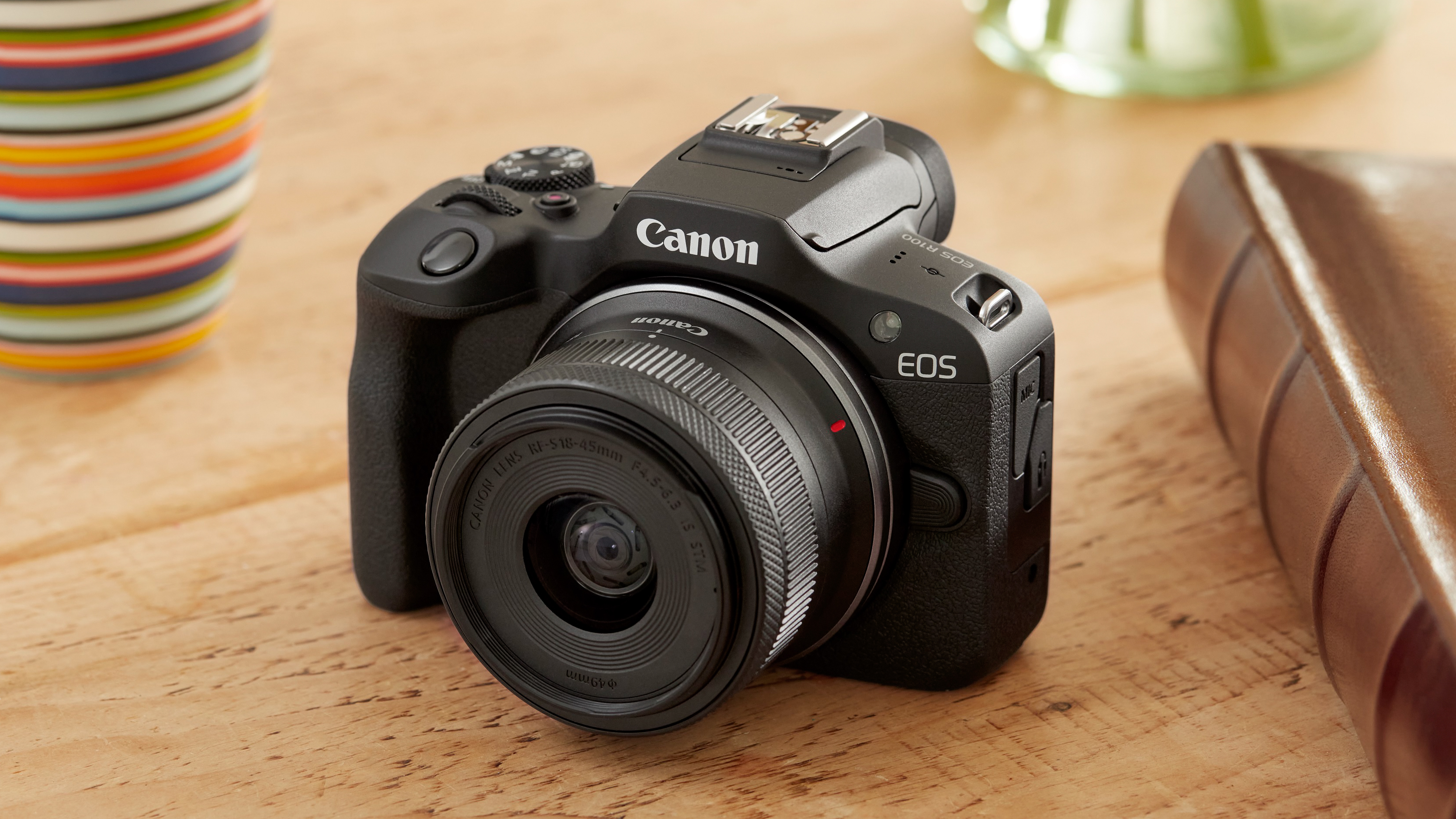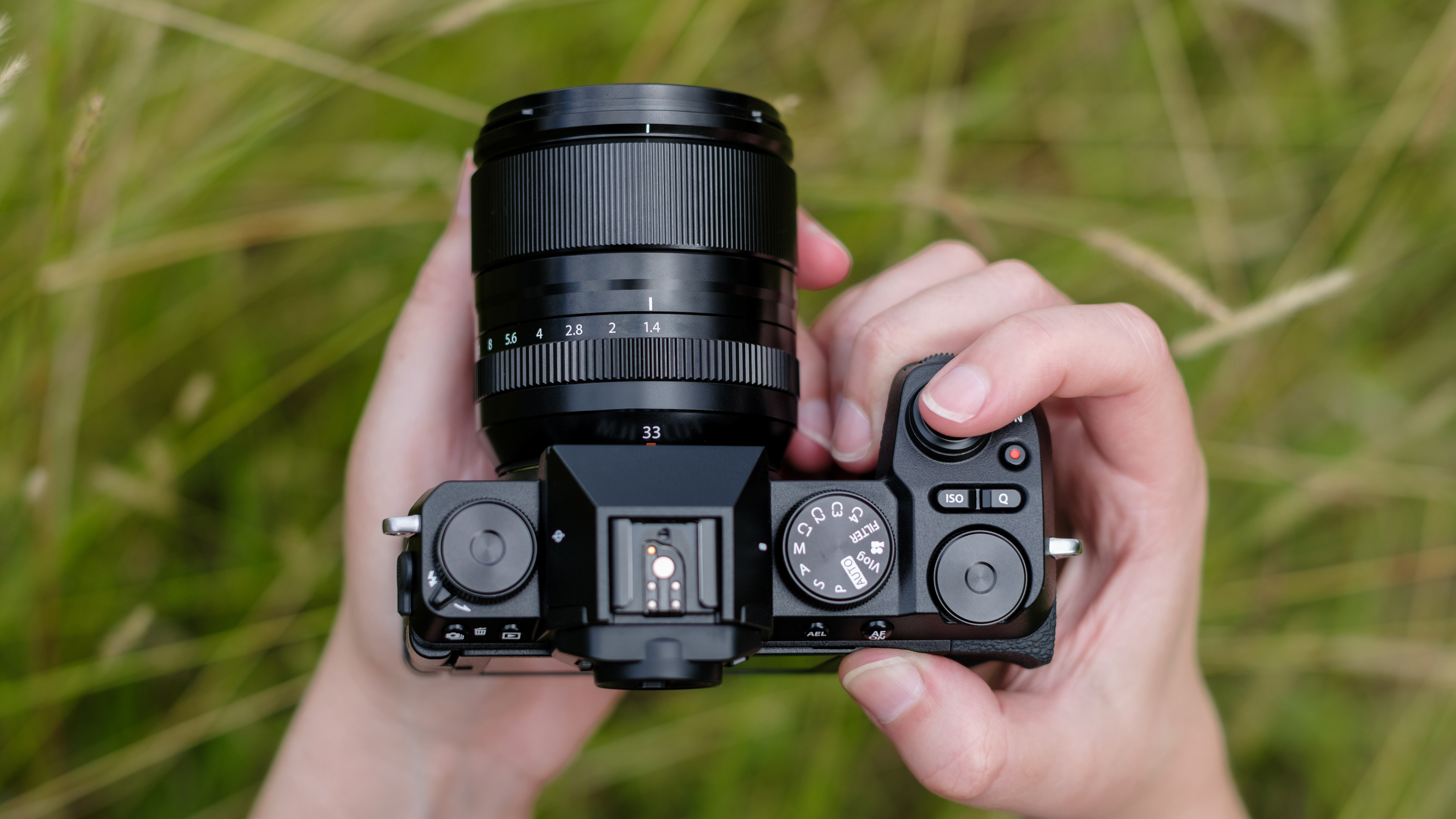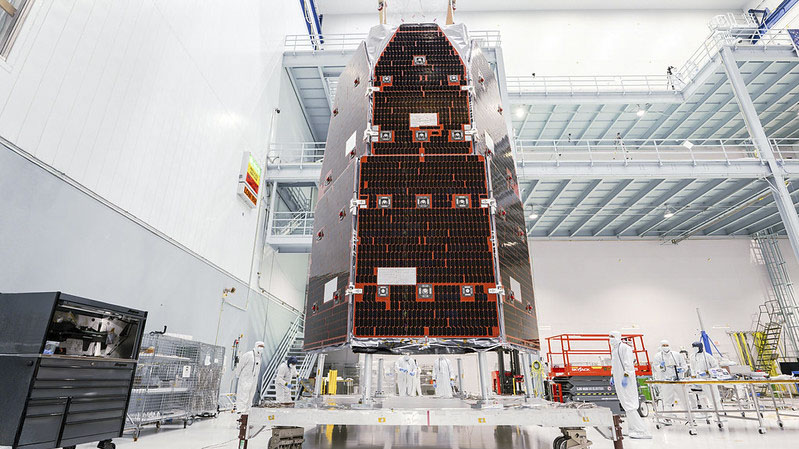I miss yesterday's entry-level DSLRs, and their replacements are not what they seem
The Nikon D3500 is discontinued, and Canon's EOS Rebel line-up looks to be heading for the same fate
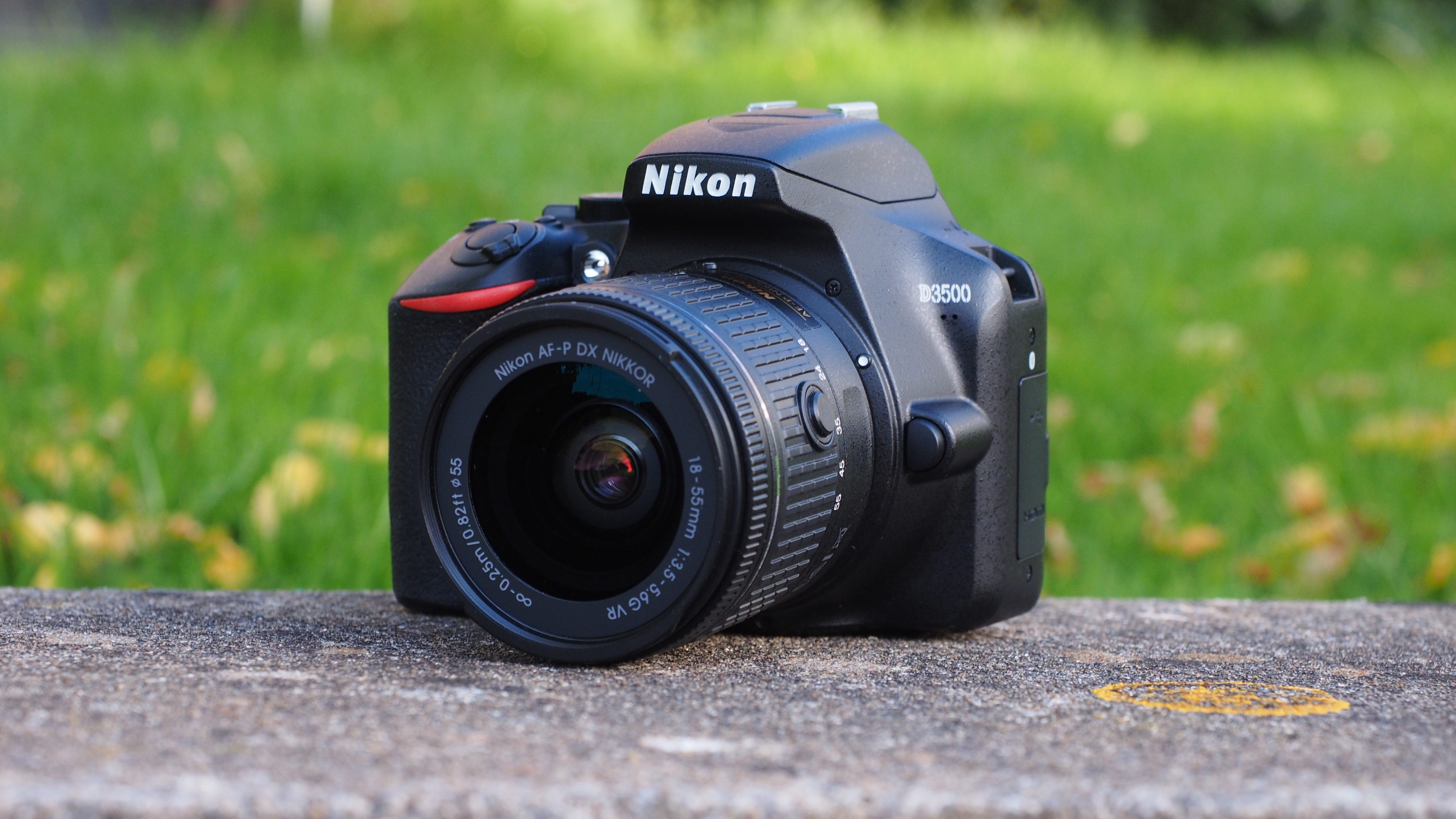
The best camera deals, reviews, product advice, and unmissable photography news, direct to your inbox!
You are now subscribed
Your newsletter sign-up was successful
For a long, long time we've been recommending the Nikon D3500 and the Canon EOS Rebel cameras as some of the best cameras for beginners. They don't cost much but they take high-quality images, you can swap lenses and you have many of the manual controls of professional cameras to help you learn about photography.
But the Nikon D3500 is no longer available new, and the Canon EOS Rebel SL3 looks like it's not far behind. That might seem natural enough as mirrorless cameras take over from old-school DSLR designs, and we have new low-cost mirrorless cameras like the Nikon Z30 and Canon EOS R100 to replace them. Most of the best Nikon cameras and best Canon cameras are now mirrorless, so what's the problem?
Cost is not (the only) issue
Canon and Nikon have done well to keep the cost of their new models down, but even so beginners are faced with an outlay up to two times higher than for previous beginner DSLRs. The Nikon Z30 is cheap but has no viewfinder (you have to step up to the Nikon Z50) and the EOS R100 uses last-generation sensor, AF and video technologies (you have to step up to the Canon EOS R50 to get up to date).
But the real issue is lenses. The Nikon D3500 and EOS Rebel line were backed up by a large ecosystem of own-brand and third-party lenses from fisheyes to ultra-wide zooms, to superzooms to telephotos. You weren't just buying a camera, you were buying into a system of almost limitless potential.
Their replacements are very different.
Where are the lenses?
At the time of writing, Canon has released just three dedicated RF-S lenses for its smaller format cameras – two kit lenses and a telephoto zoom. Nikon has gone a little further, matching that and adding a semi-wide prime and a video-centric ultra-wide zoom for vlogging.
But neither system has anything like the depth and breadth of lens choice of the old-school DSLRs they're replacing. They offer a foothold in each company's larger full frame camera systems, but they are not in any way complete systems on their own. Not any more. And there's no definite indication they ever will be.
The fact is that the best Nikon Z lenses and best Canon RF lenses are almost exclusively for their full frame cameras.
So while the Nikon Z30 and Canon EOS R100 are, truthfully, very good value for modern mirrorless cameras and excellent tools for beginners, they are not the complete camera systems that their forbears were.
If you want a mirrorless replacement in every sense for those old beginner DSLRs, then you have to go for a brand that specializes in smaller formats, like Fujifilm or OM System, or bite the bullet and step up to one of the cheapest full frame cameras.
If anyone asks me now about the best cameras for beginners today, I'm going to have to point them towards cameras that have proper lens systems behind them, not just cameras which are cheap.
Best budget DSLRs
Best cheap mirrorless cameras
The best camera deals, reviews, product advice, and unmissable photography news, direct to your inbox!
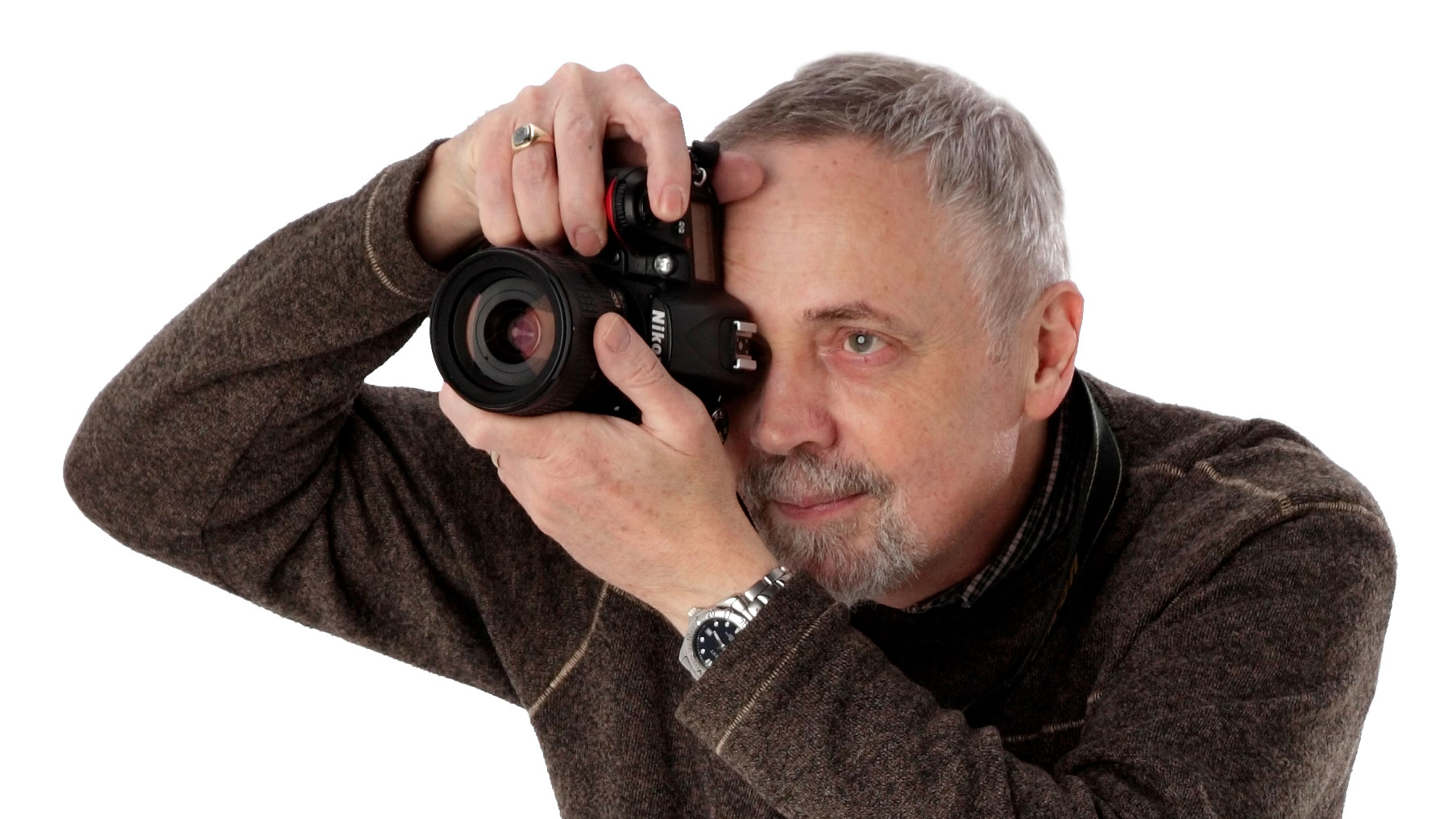
Rod is an independent photography journalist and editor, and a long-standing Digital Camera World contributor, having previously worked as DCW's Group Reviews editor. Before that he has been technique editor on N-Photo, Head of Testing for the photography division and Camera Channel editor on TechRadar, as well as contributing to many other publications. He has been writing about photography technique, photo editing and digital cameras since they first appeared, and before that began his career writing about film photography. He has used and reviewed practically every interchangeable lens camera launched in the past 20 years, from entry-level DSLRs to medium format cameras, together with lenses, tripods, gimbals, light meters, camera bags and more. Rod has his own camera gear blog at fotovolo.com but also writes about photo-editing applications and techniques at lifeafterphotoshop.com
